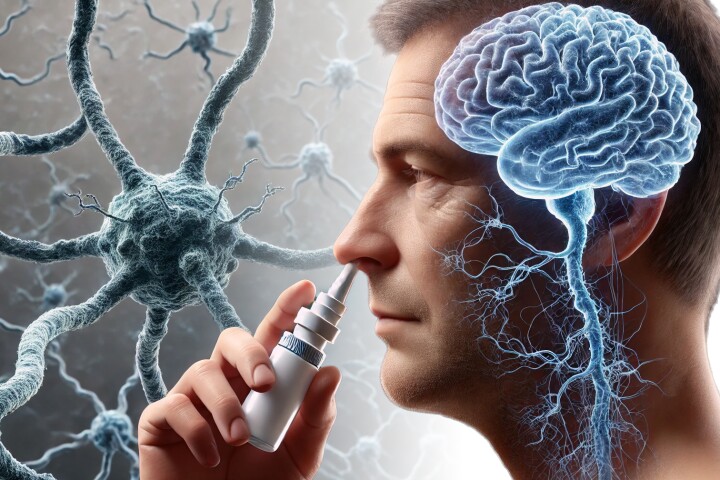Researchers at Stanford University have developed a functional cure for diabetes in mice, by creating a kind of hybrid immune system. Treated animals were able to manage their blood glucose levels for the duration of the trial, without needing the immune suppressants normally required for transplants.
In patients with type 1 diabetes, the immune system mistakenly begins attacking the islet cells in the pancreas, which are responsible for producing insulin. Without the right levels of this vital hormone, blood glucose levels cannot be managed on their own, requiring patients to regularly check their levels and administer insulin injections accordingly.
One treatment avenue is to replace the damaged islet cells with new ones from a donor. This method has proven promising in previous human trials, but it comes with a distinct downside common to transplants – the recipient’s immune system recognizes the cells as foreign and attacks them. This in turn can be managed with drugs that suppress the immune system, but that then leaves the patient vulnerable to infections.
For the new study, the Stanford researchers investigated an intriguing method of creating a hybrid immune system, comprised of cells from both the donor and recipient. To start, the host’s immune system needs to be weakened, which is done using low-dose radiation, followed by doses of two antibodies that selectively kill blood stem cells and T cells.
With the existing immune system down temporarily, the team then administers blood stem cells from the donor, which take up residence in the recipient’s bone marrow and begin producing their own immune cells. Meanwhile, the host’s stem cells recover and get back to work too, producing a hybrid immune system. This keeps it from attacking the transplanted islet cells, while still allowing it to fight off infections.
The team tested the idea in diabetic mice, and found that the animals were able to maintain normal blood glucose levels for the entire duration of the study, which lasted over 100 days. Importantly, there was no evidence of the donor immune cells attacking any cells in the recipient’s body, and the mice were no more vulnerable to infection than control mice. They were even able to breed and give birth to healthy pups.
Of course, results of mice studies don’t always carry across to humans, and donor islet cells are hard to source, so future work will investigate whether lab-grown versions would be viable. Other methods involve implanting the islet cells inside capsules to keep the immune cells out. That said, the team is hopeful that the new technique could be replicated in humans.
“This is exciting for many reasons,” said Seung Kim, senior author of the study. “This approach could be applied to autoimmune diabetes, including Type 1 diabetes, and suggests that completely mismatched islet cells could be used for transplant. If we are successful, we could see a future where we can treat people with diabetes at an early age to prevent or mitigate a lifetime of health problems. Beyond diabetes, it has important implications for solid organ transplants.”
The research was published in the journal Cell Reports.
Source: Stanford University




